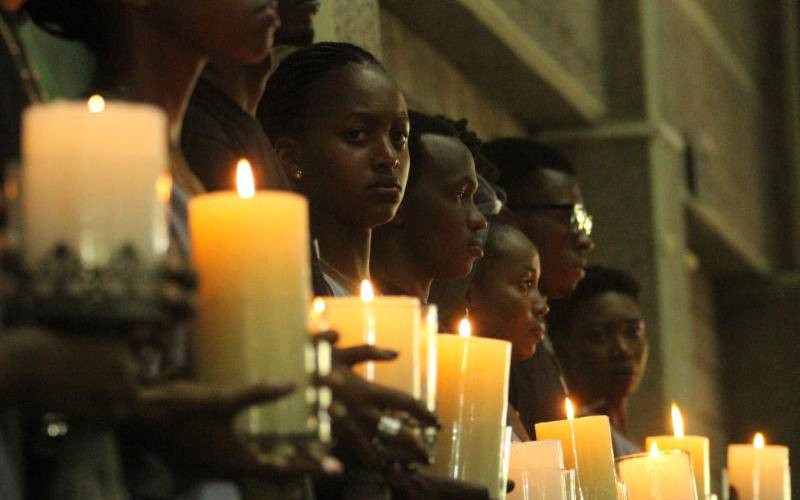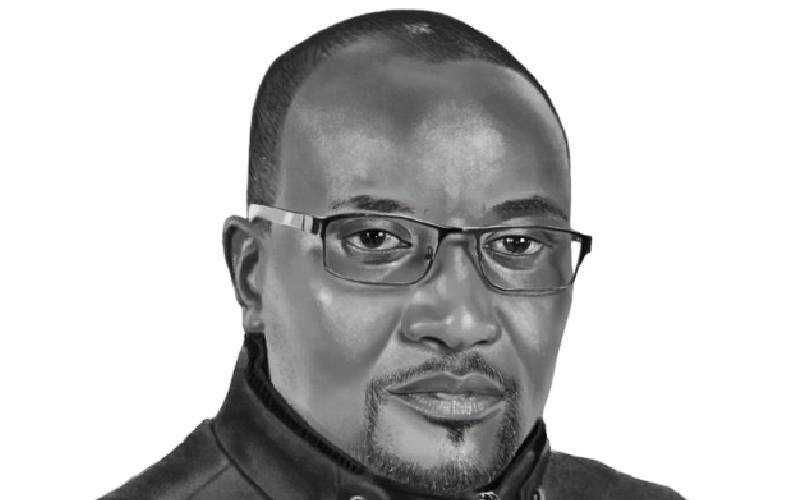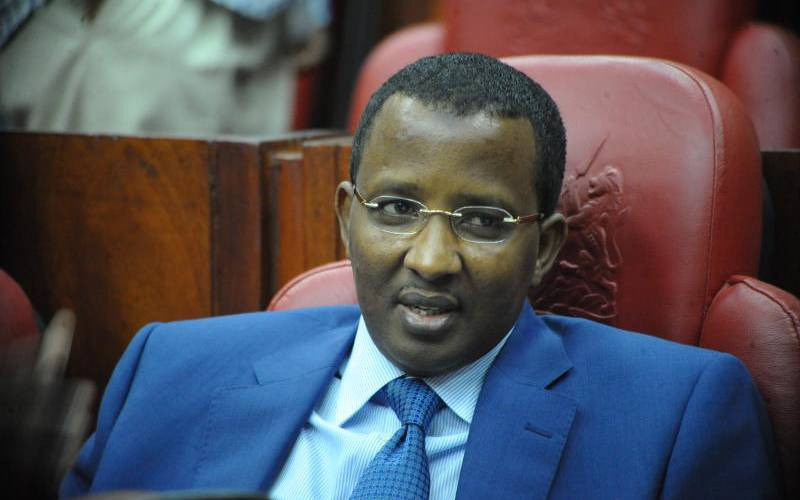"When a leader tries to change the rules in the middle of the game just to stay in office," said US President Barack Obama, "it risks instability and strife as we've seen in Burundi. And this is often just a first step down a perilous path. And sometimes you'll hear leaders say, well, I'm the only person who can hold this nation together. If that's true, then that leader has failed to truly build their nation."
Mr Obama was addressing African leaders at the African Union (AU) headquarters in Addis Ababa, Ethiopia. Africa has undoubtedly come a long way from the 1960s when many of the countries attained self-rule.
Independence did not bring much change at the beginning because the single-party rule and dictatorial tendencies of leaders who believed their countries could not progress without them, stifled democracy often by bludgeoning their opponents.
Those who couldn't take the blows sneaked out for asylum in the West. But agitation by Opposition parties and civil society groups gradually opened up the democratic space and led to the adoption of constitutions that recognise and guarantee individual rights and freedoms.
It is perhaps that dark African past with echoes of it lingering in a few countries that informed Mr Obama's remarks. But in truth, Africa has come a long way. Freedom House, a US think tank, reports that as at 1990, only three African countries held elections. Right now, electoral contests and term limits are increasingly common. And where like in Nigeria and Ghana a ruling party loses, the contestants concede.
Eritrea remains the only country that doesn't hold elections while Swaziland in the South is an absolute monarchy. Scenes like those in Rwanda, Zimbabwe, Uganda and Burundi hold back the less-than-perfect democratic march. Early this month, Rwandan MPs voted overwhelmingly to change the Constitution to let President Paul Kagame run for a third term in 2017. Despite holding regular elections, international observers have dismissed Zimbabwe's version of democracy as a farce under which the Opposition is intimidated through violence.
Despite regular elections, Uganda's democracy is all but a sham with no presidential term limit after President Yoweri Museveni had them abolished. A constitutional clause that pegged the upper limit of a president's age at 75 years was thrown out by a Parliament controlled by the National Resistance Movement in which Mr Museveni calls the shots. Leading opposition figures Amama Mbabazi and Kizza Besigye bear constant state harassment that keeps them preoccupied with staying out of prison than with campaigning.
Burundi's Pierre Nkurunziza's bid for a third term has seen the country descend into political violence. More than 130,000 Burundians fled their country when violence broke out early this year while dozens lost their lives in street violence.
Opposition leader Zedi Feruzi was shot in May for opposing Mr Nkurunziza's bid. Mr Kagame has done well for Rwanda; turning a hopeless situation into one of great hope and expectation. From the 1994 genocide, he has helped build the economy of Rwanda into one of the fastest growing in the region with a growth of over 6 per cent annually. Mr Museveni beat back the HIV/Aids epidemic that was threatening to wipe out a generation. Yet despite this gloom, Africa's case is not lost.
Countries like Kenya, Ghana, South Africa and Tanzania have shown the way forward by maintaining fidelity to their constitutions and allowing the Opposition to sell their policies unmolested. In The Democracy Advantage: How Democracies Promote Prosperity and Peace, Morton H. Halperin, Joseph T. Siegle, and Michael M. Weinste found that democracy enhances the prospects for economic growth and social welfare. They and Mr Obama have a point.
 The Standard Group Plc is a
multi-media organization with investments in media platforms spanning newspaper
print operations, television, radio broadcasting, digital and online services. The
Standard Group is recognized as a leading multi-media house in Kenya with a key
influence in matters of national and international interest.
The Standard Group Plc is a
multi-media organization with investments in media platforms spanning newspaper
print operations, television, radio broadcasting, digital and online services. The
Standard Group is recognized as a leading multi-media house in Kenya with a key
influence in matters of national and international interest.
 The Standard Group Plc is a
multi-media organization with investments in media platforms spanning newspaper
print operations, television, radio broadcasting, digital and online services. The
Standard Group is recognized as a leading multi-media house in Kenya with a key
influence in matters of national and international interest.
The Standard Group Plc is a
multi-media organization with investments in media platforms spanning newspaper
print operations, television, radio broadcasting, digital and online services. The
Standard Group is recognized as a leading multi-media house in Kenya with a key
influence in matters of national and international interest.








